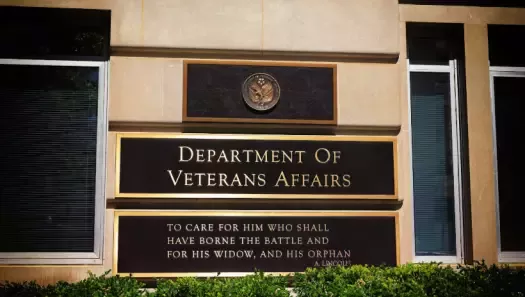CelebVet: Kris Kristofferson, Entertainer

Kris Kristofferson was born on June 22, 1936 in Brownsville, Texas. The son of an Air Force major general, he spent his youth in flux, moving around the country wherever his father was assigned. Smart and talented, he was a Phi Beta Kappa at Pomona College in California, majoring in creative literature.
He was named a Rhodes Scholar, and attended Oxford University in England, where he studied William Blake while maintaining his lifelong admiration for Hank Williams. It was in Britain that he first performed his music professionally (under the name Kris Carson).
After a five-year stint in the Army, as a pilot and as an instructor at West Point, he set out to pursue a writing career in country music. Upon leaving the military, he drifted around the country, working variously as a bartender, a janitor at Columbia Studies, and a helicopter pilot ferrying workers and their bosses to and from oil rigs in the Gulf of Mexico. He finally settled in Nashville, the capital of country music, where he began earning a reputation as a gifted singer and songwriter.
Within a few years he achieved success with "Sunday Morning Coming Down," which Johnny Cash took to the top of the charts in 1970, the same year Kristofferson released his first album. Among his other songs are "Me and Bobby McGee" (an instant classic hauntingly recorded by Janis Joplin); "Help Me Make It Through The Night" (a vehicle for Sammi Smith that earned Kristofferson his first Grammy Award); "For The Good Times"; "Loving Her Was Easier"; and "Why Me," which elevated him to star status in both pop and country music circles.
In 1973, the year he married singer Rita Coolidge, two of his albums -- "The Silver-Tongued Devil" and "Jesus Was a Capricorn" (which included Kristofferson’s first Number One hit as a singer, "Why Me") -- earn RIAA gold. His duet collaborations with Rita Coolidge earned a pair of Grammy Awards in 1973 and 1975. He has been named to the Songwriter’s Hall of Fame and has had his songs recorded by scores of major artists.
Of his music Kristofferson once said, "It’s where the stuff you feel in your heart is expressed, it’s the closest thing to your soul. To me it’s satisfying to express things that you feel and have other people say, ‘Right, that’s exactly how I feel, too.’ "
Kristofferson segued into acting, but unlike many other singer-turned-actors, he could actually act, and his career in Hollywood blossomed. In 1971, his friend, Dennis Hopper, asked him to write the soundtrack for The Last Movie, and soon Kristofferson was even appearing onscreen as himself and often composing a film’s music.
Among his most notable roles: He starred as the titular outlaw in Sam Peckinpah’s western "Pat Garrett and Billy the Kid." He also appeared in Peckinpah’s 1974 film, "Bring Me the Head of Alfredo Garcia," followed by "The Sailor Who Fell from Grace with the Sea" (1976). He gave a critically acclaimed performance opposite Ellen Burstyn in Martin Scorsese’s "Alice Doesn’t Live Here Anymore," a performance that garnered him a Golden Globe Award for Best Actor. Amid reports of a serious drinking problem, he starred as an aging, alcoholic rocker opposite Barbra Streisand in the 1976 remake of "A Star Is Born" (he later claimed the picture forced him to go on the wagon). In 1977, Kristofferson teamed with Burt Reynolds to star in the football comedy "Semi-Tough," another hit. And he reunited with Peckinpah for 1978’s "Convoy."
Image Credit: Rick Diamond, Getty Images



